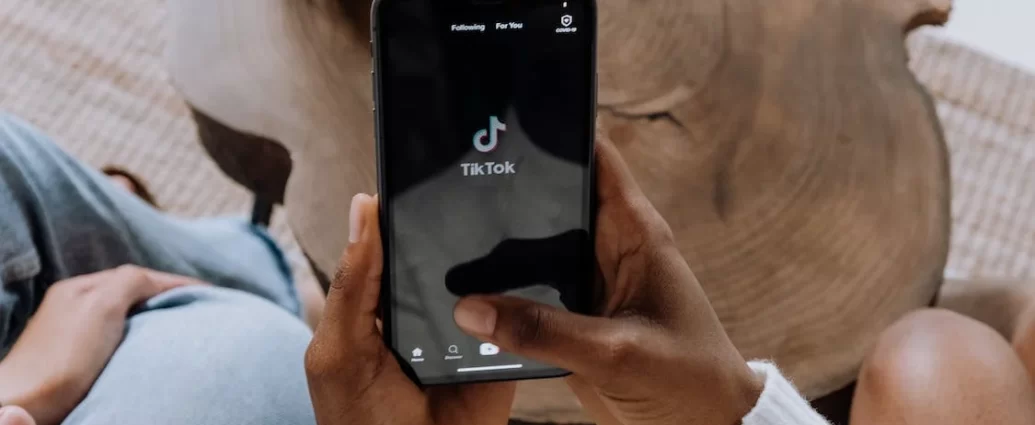Tabitha Wilson
TikTok has undoubtedly become one of the largest social media sensations on the planet, with the platform giving anyone the ability to launch a career. Due to the viral nature of the video-sharing app, it’s no surprise that everyone is creating content aiming to find fame.
Family content dominates much of Tiktok, especially when it involves young children. Creators such as Maia Knight and Jacquelyn & Wren have gained a large following due to their popular posts featuring their daughters.
Maia, who has nearly 9 million followers on the video-sharing app, won hearts after sharing videos on raising her infant twins as a single mother. On Jacquelyn and Wren’s account, Jacquelyn regularly posts videos of her toddler, Wren doing various everyday activities such as eating, playing, and dressing up. Her account now has over 17 million followers.
Whilst it’s evident that this content is popular, the question is, is it exploitative?
Analysing the Debate
“Many viewers have felt that, because the children cannot consent to being shown online, they are being exploited.”
Indeed, both creators have faced varying levels of backlash. Both post videos of their children in what would be described as ‘embarrassing’ scenarios. Many commenters are left feeling that their typical toddler tantrums should be kept offline.
Another popular concern is that this content lends itself to predatory online behaviour. The argument stems from the public nature of the platform. It is particularly easy for anyone to find, view, and download videos on TikTok.
Jacquelyn has faced intense scrutiny after viewers felt she was purposely putting Wren in danger for monetary gain. TikTok is an increasingly lucrative venture, and many question whether the parents will be saving the money for their children, or spending it themselves. After all, they have blown up strictly because of their children, so is it fair for them to profit?
There is a growing trend on social media apps to protect children’s identities. One creator who went viral for making videos with her daughter has now chosen to not show her children online. Bobbi Althoff, a creator with over 3 million followers, now hides her daughter’s real name and face in videos.
The influencer has successfully managed the switch to content centred around herself. This change can be hard to accomplish. But it is still hard to forget that she built her platform by using her daughter as her primary source of content. Would Althoff be in the position she is now if she hadn’t ever posted videos with her toddler? It’s a question that isn’t easy to answer.
Consent and Responsibility
“It is interesting to consider whether older children, who seemingly choose to make content themselves and post on TikTok, are being exploited.”
Piper Rockelle, a 15- year-old singer, actress and content creator, supposedly makes and uploads all of her own content. However, it is clear that her parents still have some control over her career, with her mother Tiffany being her manager. Does this show that her family are complicit?
Many of Rockelle’s TikToks feature her and other friends her age in revealing clothing and dancing to profanity-laden music. Whilst it is not Rockelle’s responsibility to ensure her content doesn’t appeal to online predators, one has to ask whose responsibility it is. Should TikTok, and the law, be doing more to stop minors from endangering themselves online?
One of the most followed users on the platform, Charli D’Amelio, went viral at the age of 15 and has since built a career from the app. Arguably, D’Amelio wasn’t to know her content would give her a following of millions. Thus, opening her to exploitation and online abuse. Indeed, D’Amelio has stated that her newfound online fame has contributed to her struggles with an eating disorder.
As with many other areas of the internet, it is hard to regulate such an ever-changing online world. The dangers of posting children are only just beginning to become apparent. It is clear that within the next 10 years, tougher online regulations will come into play.
TikTok child stars, regardless of whether they are posting their content or not, are being exploited for money and views, and are being made accessible to potential predators online.
Featured image courtesy of cottonbro studio via Pexels. Image license found here. No changes have been made to this image.

